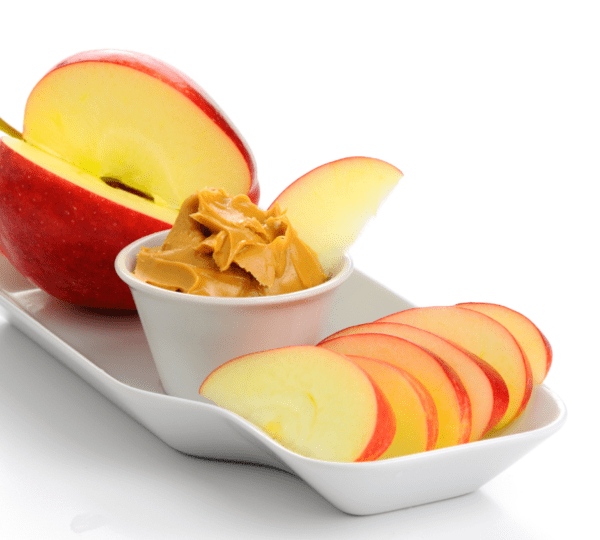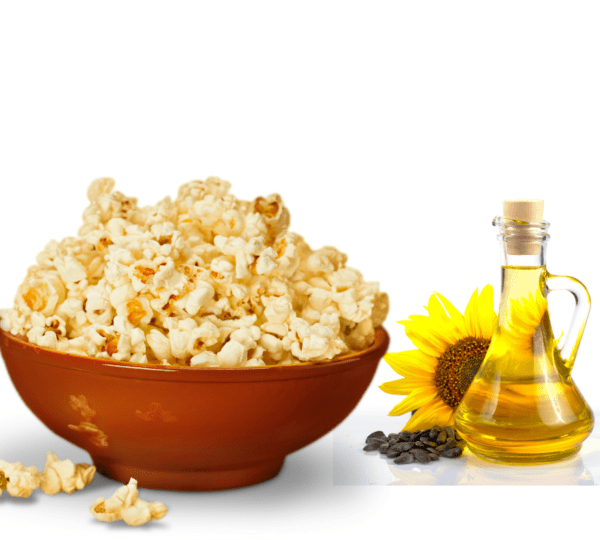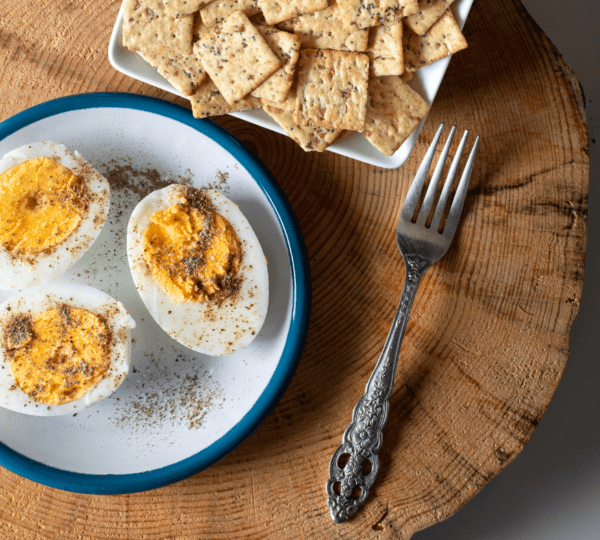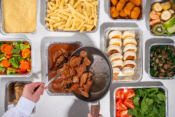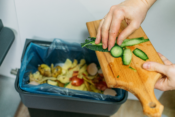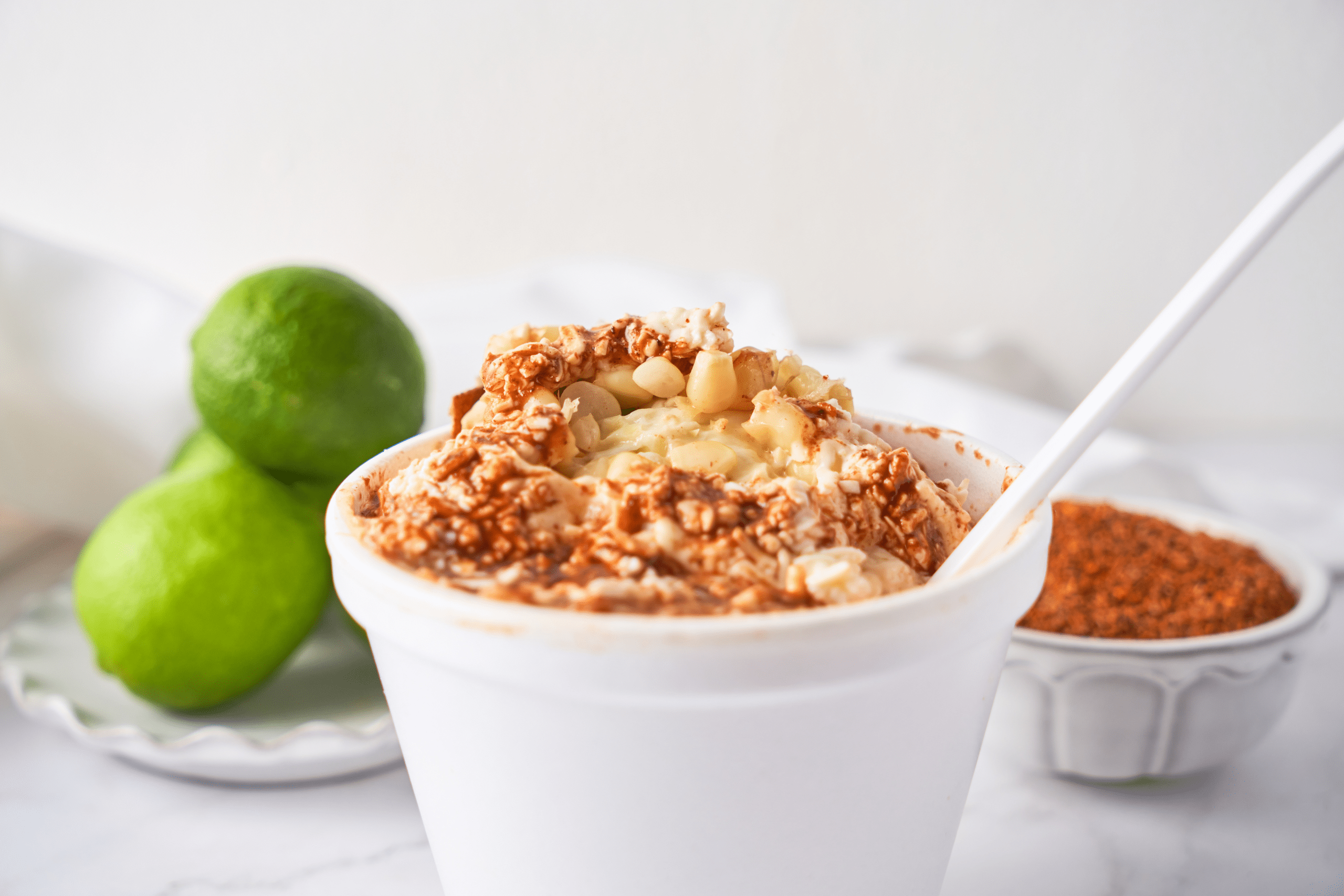
Preparing Healthy Snacks on a Budget
A friend from college shared her struggle with office snacks during one of our hangout sessions. She lamented how with a tight budget, she often found herself staring at the vending machine, tempted by the $2 chips that seemed like the only affordable option. She had promised herself to eat healthier, but the convenience and affordability of unhealthy snacks made it difficult to resist.
I totally understood her plight. My advice for her was to begin preparing her own snacks. Just like she did, many people face the challenge of eating nutritious foods without breaking the bank. The good news is that healthy snacks don’t have to be expensive. With the right strategies, you can prepare delicious, nutrient-packed snacks while staying within your budget.
In this post, we’ll explore some affordable, healthy snack ideas and provide tips on how to make them a regular part of your routine.
Choose Affordable, Nutrient-Dense Ingredients
Eating healthy doesn’t mean splurging on exotic meals. Common, affordable ingredients like oats, bananas, carrots, and chickpeas are full of nutrients.
Here’s why preparing healthy snacks is beneficial:
- Saves Money: Eating out frequently can be expensive. Preparing snacks at home can save you money, especially in the long run.
- Controls Portions: When you make your snacks, you can control the portion sizes, preventing overeating.
- Provides More Nutrients: Homemade snacks are often healthier than store-bought ones, which may contain unhealthy additives and preservatives.
- Improves Energy Levels: Eating nutritious snacks throughout the day can help you maintain stable energy levels and avoid crashes.
- Boosts Focus: Healthy snacks can improve your concentration and cognitive function.
- Promotes Weight Management: By choosing healthy snacks, you can support your weight management goals.
Here are a few budget-friendly, quick snack ideas to get you started:
Fresh Veggies with Hummus
Carrots, cucumbers, and bell peppers are affordable and easy to find. Pair them with this quick, homemade hummus for a satisfying snack:
Quick Hummus Recipe:
- 1 can of chickpeas (drained)
- 1 tablespoon olive oil
- 1 tablespoon lemon juice
- 1 clove garlic (optional)
- Salt and pepper to taste
Directions:
Blend all ingredients in a food processor until smooth. Serve with fresh veggies.
Making your own hummus is cheaper than buying pre-made, and fresh veggies are nutrient-packed and budget-friendly.
Peanut Butter and Banana Rice Cakes
A quick snack that requires zero cooking. It’s filling, nutritious, and super easy.
Ingredients:
- Rice cakes
- Peanut butter (preferably organic nut butter)
- 1 banana, sliced
Directions:
Spread peanut butter over the rice cakes, add banana slices on top, and enjoy!
Peanut butter is an affordable protein source, and bananas are one of the cheapest fruits available. This snack is easy, quick, and budget-friendly.
Apple Slices with Cinnamon and Nut Butter
No fancy prep needed here. Apples are inexpensive, and pairing them with nut butter and a sprinkle of cinnamon adds both flavor and nutrients.
Ingredients:
- 1 apple
- 1 tablespoon nut butter
- A sprinkle of cinnamon
Directions:
Slice the apple, spread nut butter on each piece, and add a pinch of cinnamon.
Apples are available year-round, and adding nut butter provides protein, while cinnamon enhances the flavor without extra cost.
Popcorn with Olive Oil and Spices
Popcorn is not only cheap but also a whole grain packed with fiber.
Ingredients:
- ½ cup popcorn kernels
- 1 tablespoon olive oil
- Spices like salt, garlic powder, or paprika
Directions:
Heat olive oil in a pot, add popcorn kernels, and shake occasionally until popped. Season with your favorite spices.
Popcorn bought in bulk is incredibly cheap and customizable. Plus, it only takes a few minutes to prepare.
Cottage Cheese with Fresh Fruit
High in protein and easy to prepare, this snack is both delicious and budget-friendly.
Ingredients:
- ½ cup cottage cheese
- Fresh fruit (like berries or pineapple)
Directions:
Top cottage cheese with fresh fruit, and you’re good to go.
Cottage cheese is a cost-effective protein source, and fruit adds fiber and natural sweetness.
Hard-Boiled Eggs and Whole Wheat Crackers
Boiling a batch of eggs at the start of the week gives you a ready-to-eat, protein-packed snack.
Ingredients:
- 2 hard-boiled eggs
- Whole wheat crackers
Directions:
Pair hard-boiled eggs with whole wheat crackers for a quick, filling snack.
Eggs are one of the cheapest, most versatile protein sources. Paired with whole wheat crackers, this snack provides a balance of protein and complex carbs.
Buy in Bulk and Store Properly
Purchasing snacks in bulk can significantly reduce costs. For instance, buying nuts, seeds, and dried fruits from a wholesale store or bulk section is far cheaper than purchasing pre-packaged portions. Store these ingredients properly, and they’ll last for weeks, offering plenty of snacking options.
DIY Trail Mix: Mix bulk-bought nuts, seeds, and dried fruit for a healthier, cheaper alternative to store-bought trail mix.
Popcorn: Air-popped popcorn, when purchased in bulk, is one of the most affordable and nutritious snacks.
Embrace Seasonal and Local Produce
Seasonal fruits and vegetables tend to be cheaper and fresher. Visit local farmers’ markets or discount grocery stores to find the best deals. According to the Food and Agriculture Organization (FAO), seasonal and local produce can be up to 50% cheaper than imported options. During the fall, focus on apples, carrots, and squash. In summer, go for leafy greens, berries, and peppers. Read more on embracing seasonal produce HERE.
Repurpose Leftovers into Snacks
Stretch your budget by getting creative with leftovers. That leftover quinoa can be turned into quinoa energy balls, or roasted veggies can become the filling for veggie wraps.
Quinoa Energy Bites: Mix cooked quinoa with peanut butter, honey, and oats. Roll into small balls and refrigerate.
Veggie Wraps: Spread hummus on a whole wheat tortilla, add leftover veggies, and wrap it up for a quick, healthy snack.
Nutrition expert Emily Kyle emphasizes that using leftovers is one of the most effective ways to reduce food waste and save money in the kitchen.
Leverage Freezer-Friendly Snacks
Make snacks in bulk and freeze them for later. Not only do these snacks last longer, but they also save time and money.
Frozen Yogurt Bark: Mix Greek yogurt with berries and nuts, spread it on a baking sheet, and freeze. Break into pieces for a protein-rich snack.
Smoothie Packs: Pre-portion fruits and veggies into freezer bags. When hunger strikes, blend with water or milk for a quick, nutritious smoothie. Want to explore more ideas for repurposing leftovers, check for this post on: How to Use Leftovers Creatively: Transforming Your Kitchen Scraps
Batch cooking and meal prepping have surged in popularity due to time and budget constraints, making freezer-friendly snacks a rising trend.
Choose Affordable Protein Sources
Protein is essential for keeping you full and satisfied. While some high-protein snacks like nuts and cheese can be expensive, there are cheaper options.
Hard-Boiled Eggs: Easy to prepare and incredibly versatile.
Greek Yogurt: Opt for store brands or buy in bulk. Portion out with toppings like fruit or granola.
Nutritionist Lisa Richards highlights that cost-effective protein sources like eggs, legumes, and dairy help cut grocery costs while still meeting nutritional needs.
Keep an Eye on Sales and Discounts
Look out for sales and discounts on healthy snack ingredients. Many stores offer markdowns on items nearing their sell-by date, which are still perfectly good. Coupons and discount apps can also help cut costs on snack essentials.
Conclusion: Healthy Snacks Don’t Have to Be Expensive
With a little planning, preparing healthy snacks on a budget is not only doable but enjoyable. By choosing affordable, nutrient-dense ingredients, buying in bulk, and using creative approaches like repurposing leftovers, you can eat well without spending a fortune. Remember, nutritious snacks don’t have to cost a lot—these simple tips will help you stay on track with both your health and your budget.
Reference:
- Harvard Medical School: The Benefits of Whole Foods
- Food and Agriculture Organization (FAO) Study on Seasonal Produce
- Emily Kyle: How to Repurpose Leftovers and Reduce Food Waste
- Lisa Richards: Cost-Effective Protein Sources for Your Diet

